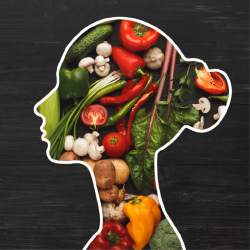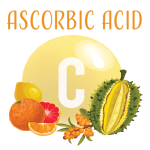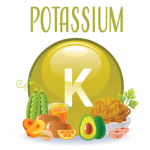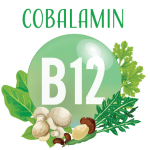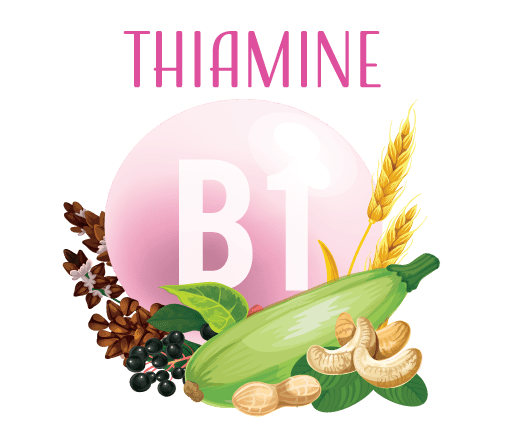
Vitamin B1, also called thiamine, is an important nutrient. It helps change the food we eat into energy. This means it is essential for our daily tasks and exercise. It is also important for our nervous system. It helps the cells in our body to communicate, so we can move and feel things. Not getting enough of thiamine can lead to problems with our nerves and muscles. Vitamin B1 also helps our body fight damage caused by bad chemicals called free radicals. Finally, it supports our immune system by making white blood cells. Thiamine is in good food like pork, nuts, beans, and whole grains.
Utilization
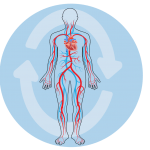
Vitamin B1 is necessary for blood health and needs regular consumption through food or supplements since the body can’t store it for long. It helps produce blood cells and convert carbs into energy, but insufficient intake can lead to anemia and affect overall health.

Thiamine also helps the stomach to make acid that helps digest protein and produce enzymes that break down fat and carbohydrates.
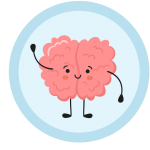
Thiamine is essential for brain health. It helps with memory, muscles, and nerve function. Lack of B1 can lead to diseases such as Alzheimer’s and Parkinson’s. Getting enough Vitamin B1 can reduce the risk of diseases and keep the brain healthy.

Muscle tone is how tight or relaxed our muscles are even when we’re not moving. It helps us stay upright and balanced. Vitamin B1 is important for nerve impulses and helps muscles work properly by contracting and relaxing in the right way.

Vitamin B1 is important for our body to produce energy from carbohydrates. Our body uses thiamine to create ATP, which is the energy fuel of our body.
It is not likely to get a toxic amount of thiamine a.k.a vitamin B1 from food sources. As a matter of fact the body will flush out any excess amount through urine. There is no set toxic level of thiamine.
Too Much Or Too Little Thiamine

A lack of B1 can make you feel grumpy or upset, as it affects brain function and can cause memory problems.
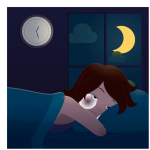
Thiamine is important for regulating sleep. However, excessive levels can cause insomnia by decreasing serotonin and GABA levels and increasing brain activity, making it hard to relax. High B1 intake from supplements or fortified foods can worsen the issue.

When people don’t get enough thiamine, they might feel tired and weak. This can happen if they drink too much alcohol, don’t eat enough healthy food, or have a health problem. Even if they sleep enough and exercise, they might still feel very tired if they don’t have enough thiamine.

If there isn’t enough thiamine, we might have digestion problems like bloating, indigestion, and can’t absorb nutrients
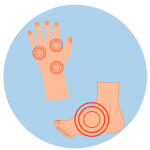
When you don’t get enough thiamine, it can cause problems with your nerves. This can make your hands and feet feel numb or have a strange tingling feeling.
If you don’t get enough vitamin B1 for a long time, it can cause serious damage to your nerves and could make it hard to move your body.thiamine
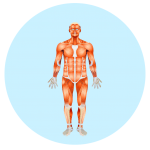
Low thiamine can cause beriberi, muscle weakness and wasting. Insufficient thiamine can lead to muscle damage, rhabdomyolysis and painful or paralyzed muscles, as thiamine is required to turn carbohydrates into energy necessary for muscle contraction and movement.
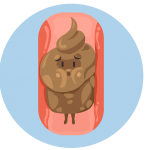
Thiamine deficiency can cause digestive problems like reduced appetite, constipation, and Beriberi disease.
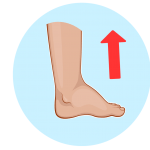
Edema happens when there’s an imbalance in the body’s fluid caused by thiamine deficiency. B1 helps transport ions across cell membranes and regulates the electrolyte and fluid balance in the body. Lack of it may cause edema.

